Truthdigger of the Week: Adrienne Kinne
Truthdig tips its hat this week to former Army Sgt. Adrienne Kinne, who has defied her one-time higher-ups by speaking out about how military officials knew that a target list in April 2003 contained the name of Baghdad's Palestine Hotel, which was shelled by a U.S. tank on April 8 even though embedded reporters were staying there. Two journalists were killed in the attack; one of them even filmed his own death.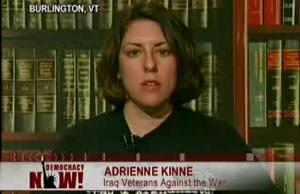
Truthdig tips its hat this week to former Army Sgt. Adrienne Kinne, who has defied her one-time higher-ups by speaking out about how military officials knew that a target list in April 2003 contained the name of Baghdad’s Palestine Hotel, which was shelled by a U.S. tank on April 8 even though embedded reporters were staying there. Two journalists were killed in the attack; one of them even filmed his own death.
Kinne recently talked to “Democracy Now!” host Amy Goodman about the Palestine Hotel incident, describing how both she and one of her superiors, Warrant Officer John Berry, knew from an internal e-mail that the hotel was on the target list. Kinne, who knows Arabic and worked in military intelligence from 1994 to 2004, told Goodman she had approached Berry and said she was concerned that “there are journalists staying at this hotel who think they’re safe, and yet we have this hotel listed as a potential target, and somehow the dots are not being connected here, and shouldn’t we make an effort to make sure that the right people know the situation?”
Unfortunately, according to Kinne, Berry gave an all-too-familiar response, telling her “that it was not my job to analyze … [that] someone somewhere higher up the chain knew what they were doing.” Shortly thereafter, two cameramen, Taras Protsyuk from Reuters and José Couso from Telecinco, were killed by an American tank, which Couso filmed as it pointed at the hotel and fired the shot that took his life. Couso’s family is still pursuing the case, and Kinne’s account has strengthened its resolve. As it stands, Goodman reports, a Spanish court has brought murder charges against three U.S. military members implicated in the Palestine Hotel attack.
Kinne noted how then-Secretary of State Colin Powell insisted that the hotel “was not attacked during any phase of the aerial campaign” — with emphasis, perhaps, on aerial. She also revealed what she considered to be illegal wiretapping by the military to monitor certain NGOs and described how information from the Iraqi National Congress that later turned out to be false was given high priority in the U.S. government’s chain of command. Accounts like this from the inside may in some ways be hard to hear years after the fact, but they may help others come forward and fill in the crucial information gaps that still exist in the public’s understanding of what brought us to where we are now — and what to do about it.
More links:
Watch Kinne’s interview with Goodman here.
Follow this link for more about Javier Couso, José’s brother, and his efforts to prosecute those involved in his brother’s death.
In the YouTube clip below, Kinne describes how spying on American citizens went from being an unthinkable concept to a routine practice done “just in case”:
Your support matters…Independent journalism is under threat and overshadowed by heavily funded mainstream media.
You can help level the playing field. Become a member.
Your tax-deductible contribution keeps us digging beneath the headlines to give you thought-provoking, investigative reporting and analysis that unearths what's really happening- without compromise.
Give today to support our courageous, independent journalists.


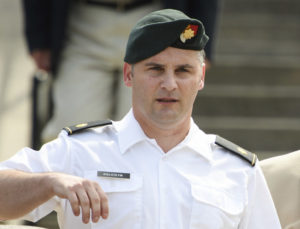
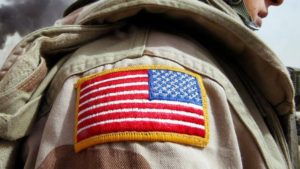
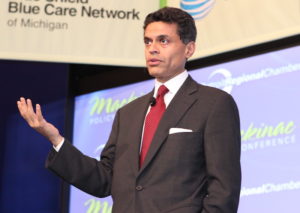
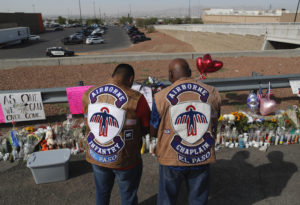
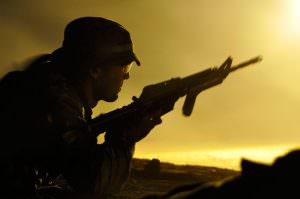


You need to be a supporter to comment.
There are currently no responses to this article.
Be the first to respond.